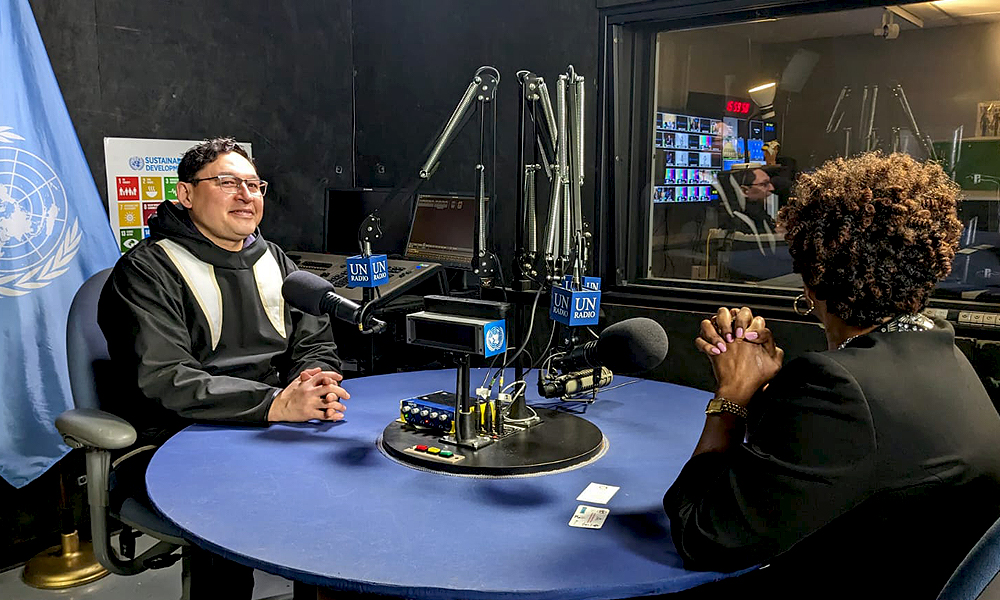Interviews, Focus Groups, Shared Remembering
Overview
An interview is generally a qualitative research technique that involves asking open-ended questions to converse with respondents and collect data about a subject. At times, closed interview questions are used in order to support structured comparison or social network analysis. Focus groups are similar to interviews but involve a group of participants, who can dialogue about the questions. Focus groups are preferred where individuals may be hesitant to respond or when dialogue is likely to promote deeper thinking and community discussion.
Example
In Mark and Lyons paper, phenomenological analysis of in-depth, semi-structured interviews with Māori spiritual healers revealed that Māori cultural perspectives influenced views of the mind, body, spirit and healers also identified two additional aspects as significant and fundamental to a person’s health, namely whānau/whakapapa [family and genealogy] and whenua [land]. This research informs models and policy for Māori health care.
Literature
- Weatherdon, M. S. (2022). Walking the law throughout the journey of Nishiyuu. Material Religion, 18(1), 77–91.
Hak, S., McAndrew, J., & Neef, A. (2018). Impact of government policies and corporate land grabs on indigenous people’s access to common lands and livelihood resilience in northeast Cambodia. Land, 7(4), 122. - Mark, G. T., & Lyons, A. C. (2010). Maori healers’ views on wellbeing: The importance of mind, body, spirit, family and land. Social science & medicine, 70(11), 1756-1764.
- Danto, D. (2018). The Medicine Wheel and Resilience within an Indigenous Community in Northern Ontario. J Depress Anxiety, 7(299), 2167-1044.
- Galway, L. P., Esquega, E., & Jones-Casey, K. (2022). “Land is everything, land is us”: Exploring the connections between climate change, land, and health in Fort William First Nation. Social Science & Medicine, 294, 114700.
Overview
Shared remembering, also known as collaborative remembering, uses dialogue as a means of exploring and creatively constructing a shared understanding of past events. It is similar to a focus group but more participatory, enabling participants to co-create a shared understanding.
Example
In conceptualizing Sámi women’s leadership, shared remembering allows participants to conceive and reason in a systematic manner, as well as to interpret the lived experiences of female leaders.
The Junction’s “Ethical & Shared Remembering” project was focused on the creation of a “shared history” for participants who were on either side of the political and religious divides in the country.
Literature
- Hirst, W., & Echterhoff, G. (2012). Remembering in conversations: The social sharing and reshaping of memories. Annual review of psychology, 63.
- Porsanger, J., & Seurujärvi-Kari, I. (2021). Shared Remembering’ as a relational Indigenous method in conceptualization of Sámi women’s leadership. In Indigenous Research Methodologies in Sámi and Global Contexts. Brill.
- Wilson George R., Edwards Melanie J., Smits Jennifer K. (2010) Support for Indigenous wildlife management in Australia to enable sustainable use. Wildlife Research 37, 255-263.

